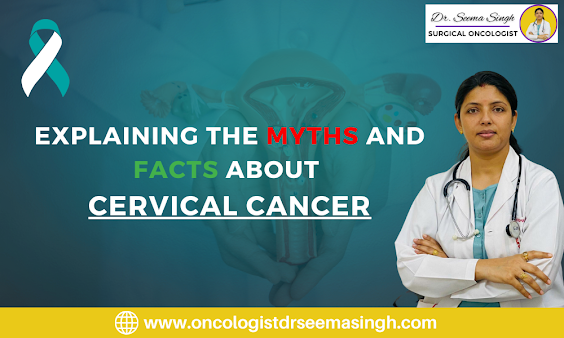Robotic Surgery: Benefits, How It Works, and What Could Happen Next

Unlocking the Future of Surgery: The Marvels of Robotic-Assisted Procedures Robotic surgery is a cutting-edge type of minimally invasive surgery that uses computer-controlled robots. These robots help surgeons perform complex operations with greater precision, flexibility, and control. Surgeons use master controls at a console, which gives them a high-definition, magnified 3D view of the surgical area. During robotic-assisted surgery, the computer translates the surgeon's hand movements to control the robotic instruments exactly. The surgeon works with a team of professionals to perform delicate and intricate operations that might be difficult or impossible with traditional methods. Advantages of Robotic Surgery over Traditional Surgery Robotic surgery has several benefits compared to traditional surgery, including: Precision: Robotic surgery is excellent for complex procedures that are difficult or impossible with traditional methods. Faster Recovery: Patients recover more quickly...
